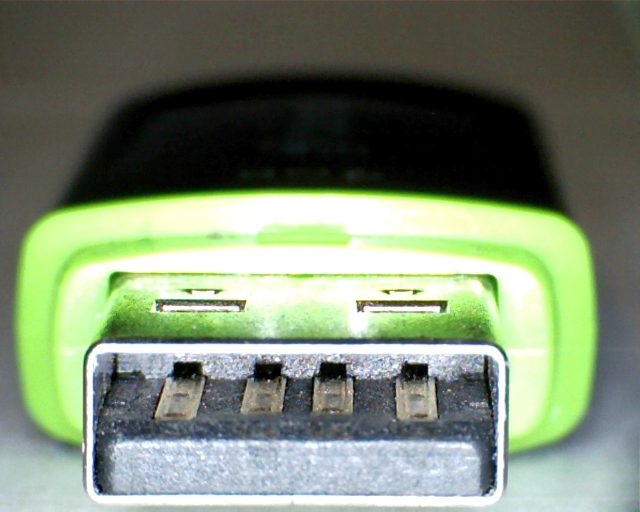When creators of the state-sponsored Stuxnet worm used a USB stick to infect air-gapped computers inside Iran's heavily fortified Natanz nuclear facility, trust in the ubiquitous storage medium suffered a devastating blow. Now, white-hat hackers have devised a feat even more seminal—an exploit that transforms keyboards, Web cams, and other types of USB-connected devices into highly programmable attack platforms that can't be detected by today's defenses.
Dubbed BadUSB, the hack reprograms embedded firmware to give USB devices new, covert capabilities. In a demonstration scheduled at next week's Black Hat security conference in Las Vegas, a USB drive, for instance, will take on the ability to act as a keyboard that surreptitiously types malicious commands into attached computers. A different drive will similarly be reprogrammed to act as a network card that causes connected computers to connect to malicious sites impersonating Google, Facebook or other trusted destinations. The presenters will demonstrate similar hacks that work against Android phones when attached to targeted computers. They say their technique will work on Web cams, keyboards, and most other types of USB-enabled devices.
"Please don't do anything evil"
"If you put anything into your USB [slot], it extends a lot of trust," Karsten Nohl, chief scientist at Security Research Labs in Berlin, told Ars. "Whatever it is, there could always be some code running in that device that runs maliciously. Every time anybody connects a USB device to your computer, you fully trust them with your computer. It's the equivalent of [saying] 'here's my computer; I'm going to walk away for 10 minutes. Please don't do anything evil."
Read 10 remaining paragraphs | Comments
